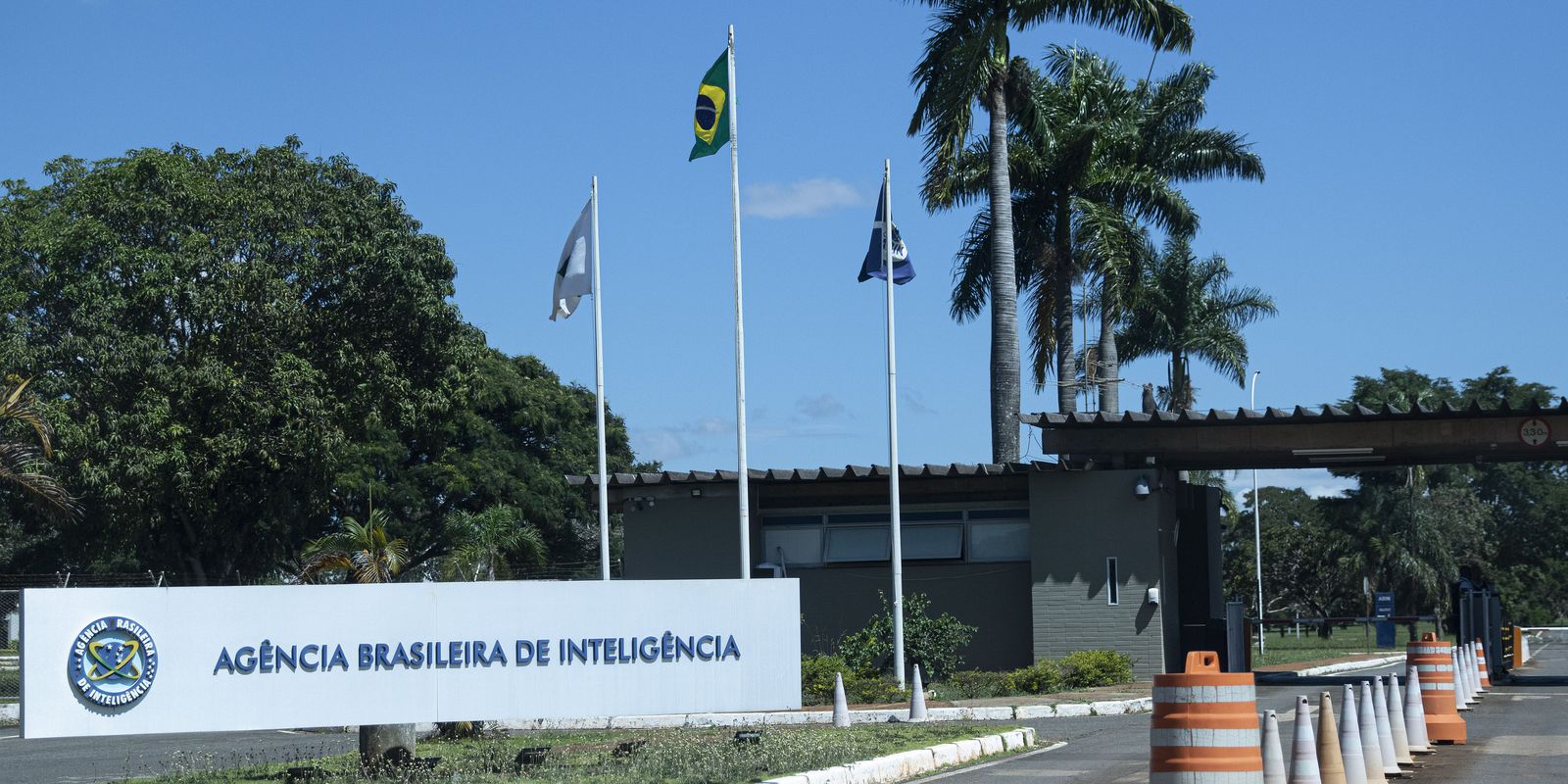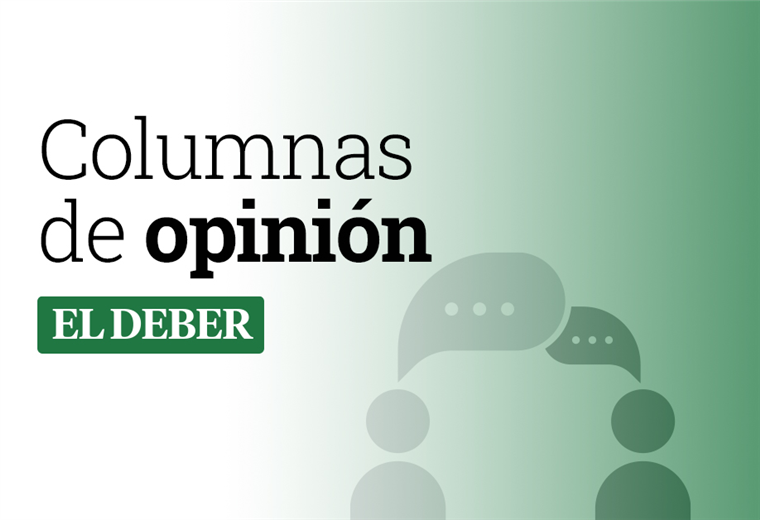The Federal Police (PF) determined this Thursday (16) the initiation of an investigation to investigate allegations that the Brazilian Intelligence Agency (Abin) monitored cell phones of thousands of Brazilians during the first three years of the Jair Bolsonaro government. The information was published by the newspaper The globe last Tuesday (14) and confirmed by Abin the following day.
According to the agency, the contract for the use of the software The localization program began at the end of 2018, still under the Michel Temer government, and ended on May 8, 2021. The program, called FirstMile, was purchased for BRL 5.7 million from the Israeli company Cognyte, with no bidding required. The tool allowed the monitoring of up to 10,000 cell phones every 12 months, just typing the person’s number. In addition, the application created displacement histories and real-time alerts on the movement of registered devices.
“The technological solution in question is no longer in use at Abin since then [8 de maio de 2021]. Currently, the Agency is in the process of improving and reviewing its internal regulations, in line with the public interest and the commitment to the Democratic State of Law”, informed Abin, in a note. The PF investigation will be conducted by the Directorate of Intelligence Police officer.
Complaint at the UN
Former President of the Republic Jair Bolsonaro was denounced at the United Nations (UN), during the 52nd session of the Human Rights Council, held last Tuesday, for the disorderly use of digital technologies and monitoring systems during the pandemic period. of covid-19. The non-governmental organizations (NGOs) Conectas, Artigo 19, Data Privacy Brasil and Transparência Internacional Brasil, responsible for the complaint, asked the UN to question Brazil about the use of these technologies and the treatment of data collected during the pandemic.
According to the document presented at the UN, between 2020 and 2022 digital technologies were used to collect biometric data, geolocation and health information from the population without due transparency and participation of civil society. The institutions involved in the complaint also stated that the fragility of the control mechanisms and the unwillingness of the bodies responsible for effectively monitoring the use of these technologies were decisive factors for the worsening of the problem.
In addition, organizations have expressed concern about increased government spending on surveillance equipment and software spy, especially in the field of public security and state intelligence. In the assessment of the entities, such actions violate the fundamental rights of freedom of expression, association, privacy and intimacy.

















